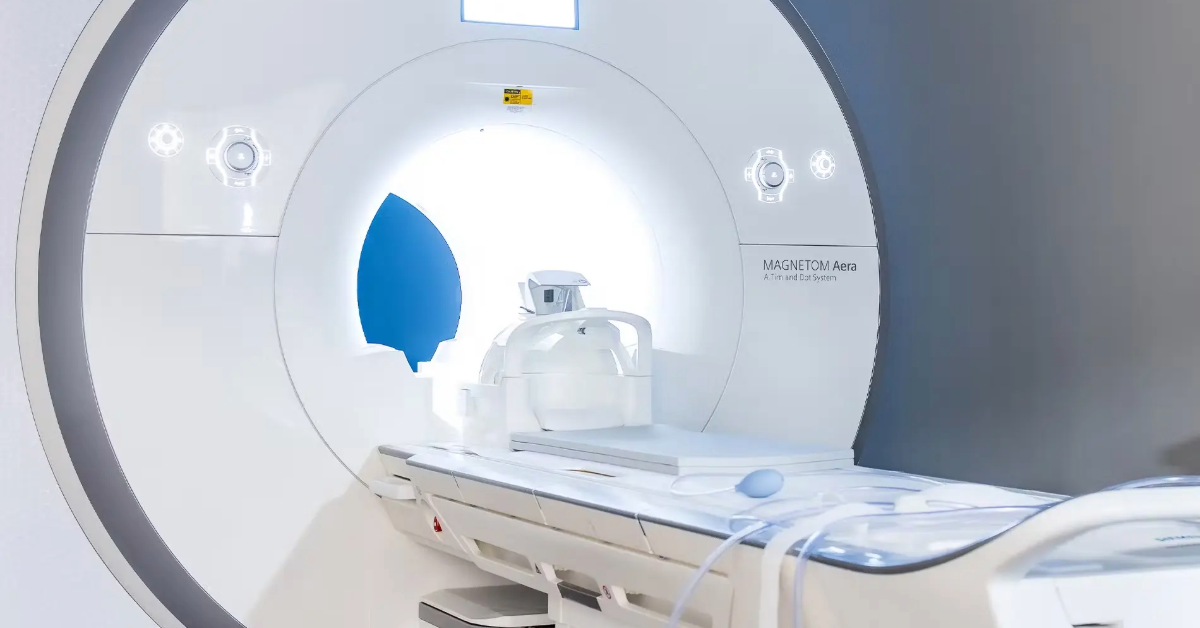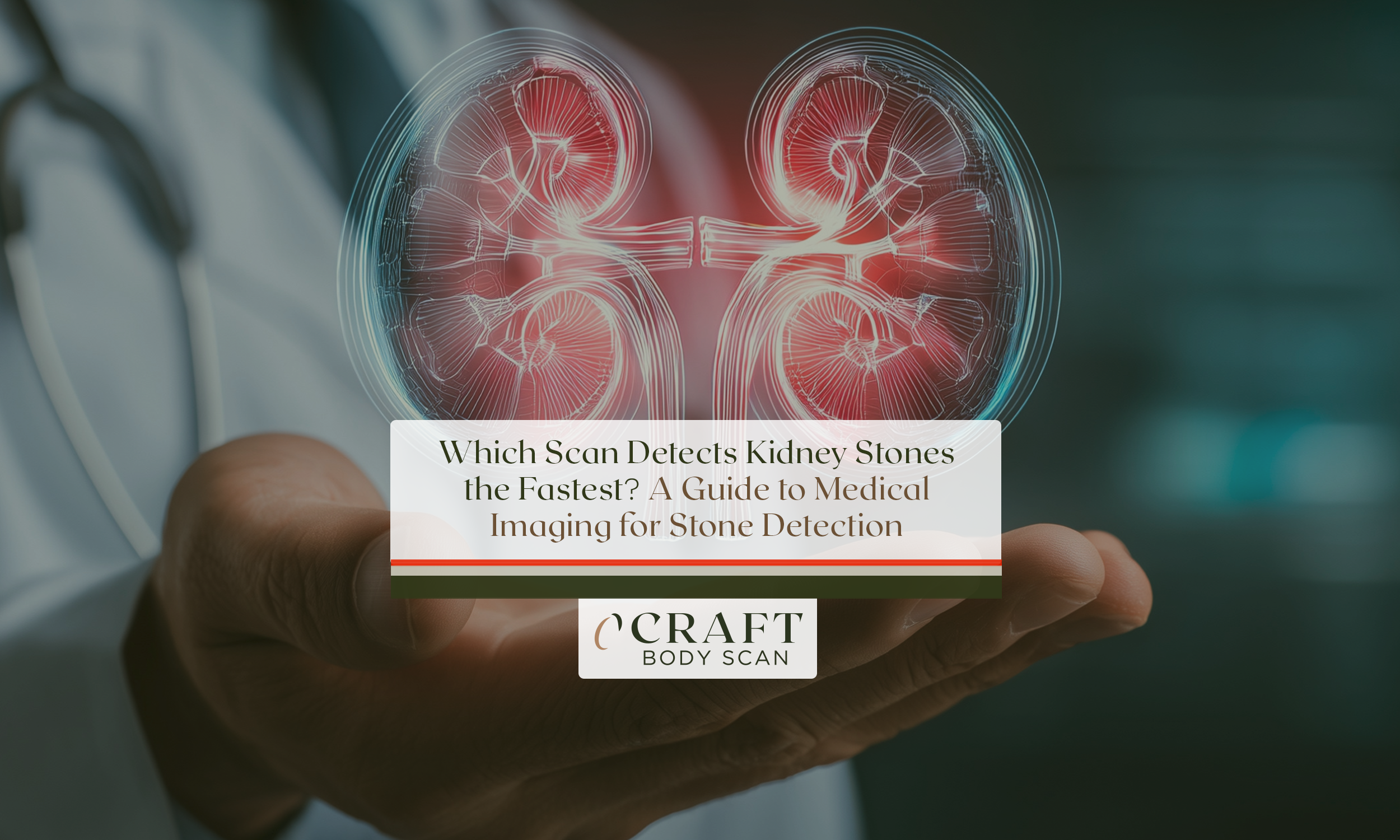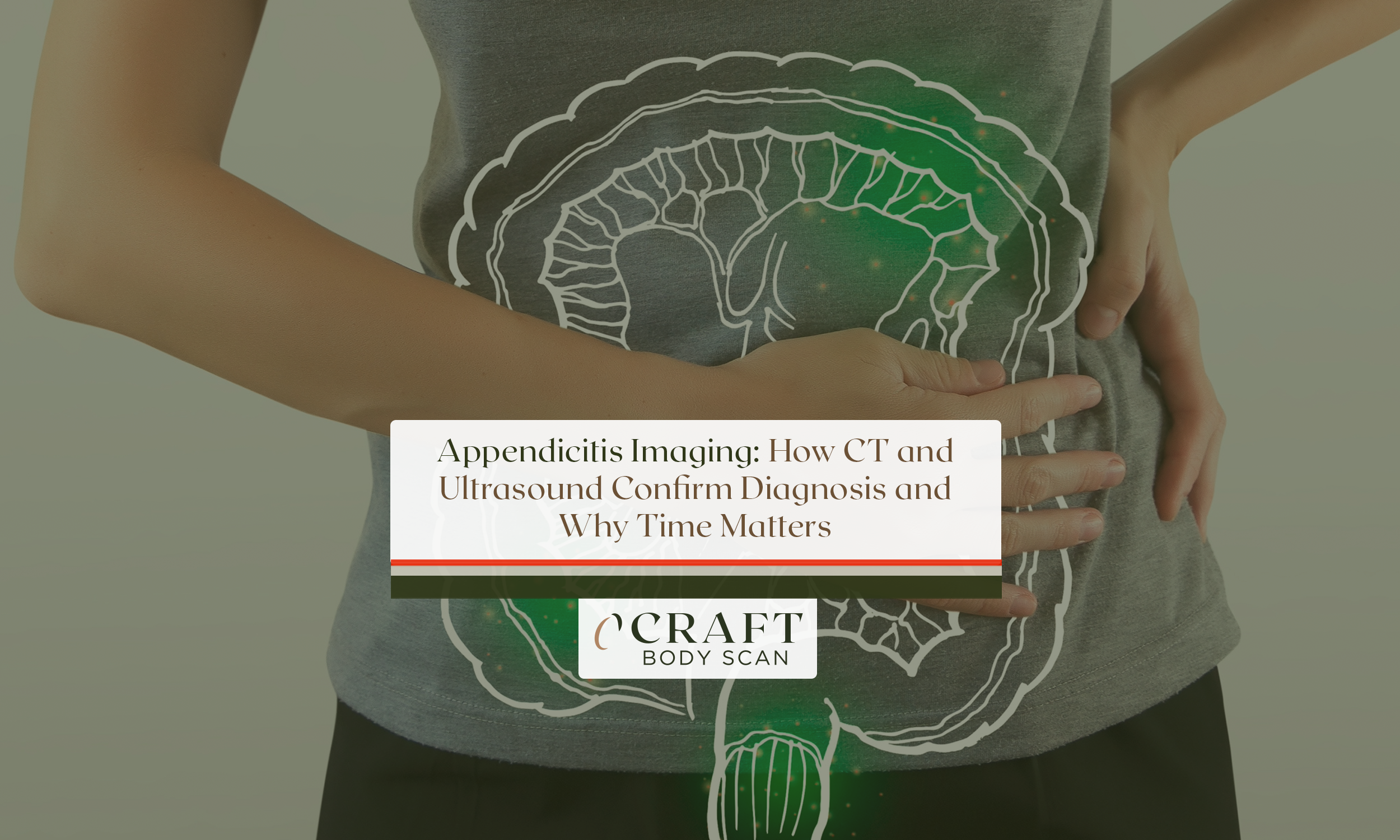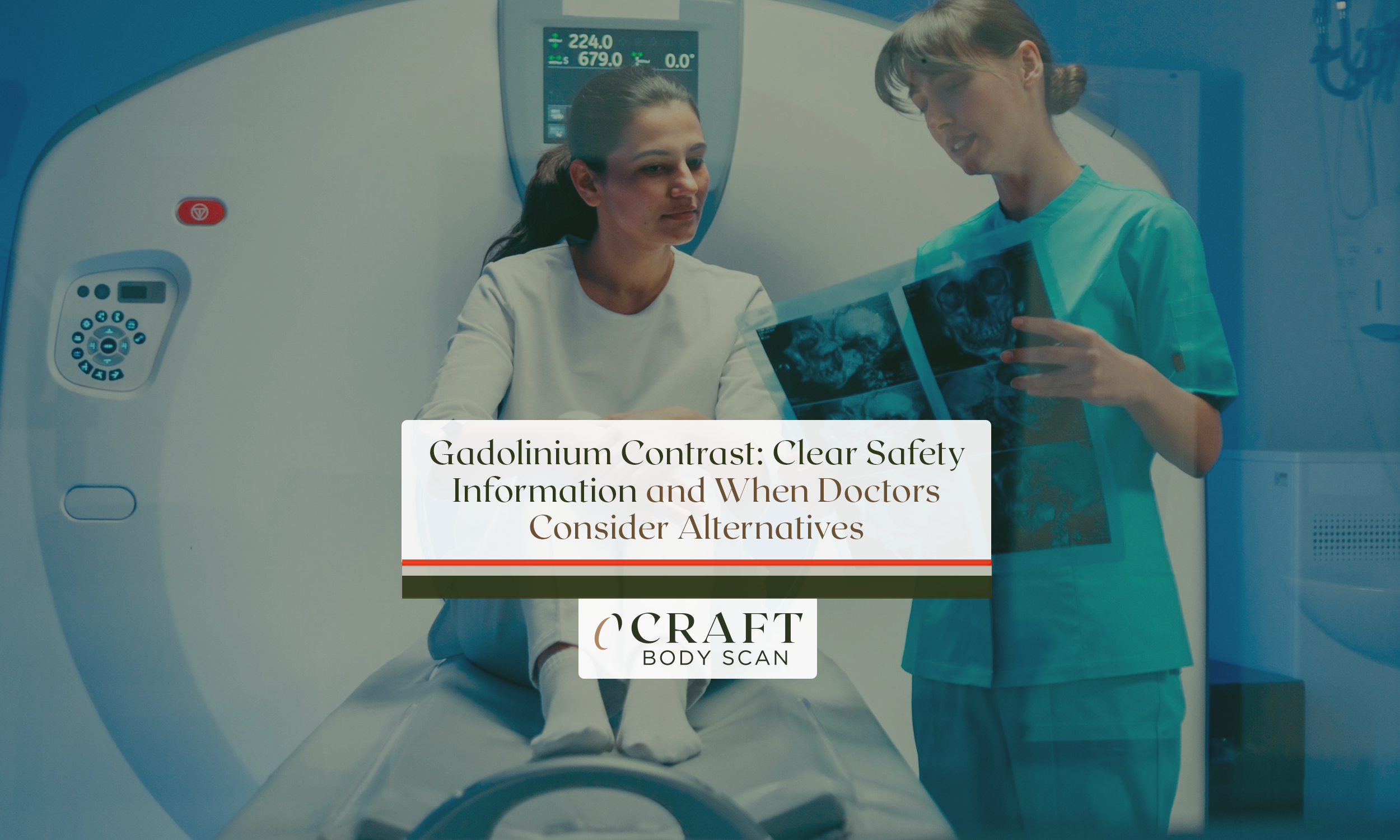Think of your body like a house. You can see the outside pretty easily, but what about what’s happening behind those walls? That’s where a full body scan comes in. It’s like having x-ray vision that lets you peek at everything from your foundation (bones) to your plumbing (blood vessels) and electrical system (heart).
The Power of Knowing
Here’s a sobering thought: most serious health conditions start like tiny leaks in your roof – silent and invisible until they’ve already caused damage. But imagine if you could spot those “leaks” early? That’s exactly what a full body scan does. It gives you a detailed look at what’s happening inside, long before problems become obvious.
So What Exactly Is a Full Body Scan?
Picture the most advanced camera you can imagine, but instead of taking selfies, it’s taking incredibly detailed pictures of your insides. Using low-dose CT technology (don’t worry, we’ll explain that), we create a complete map of your internal health in just 30-45 minutes. No pain, no prep, no hassle.
What’s It Looking For? (The Good, The Bad, and The “Let’s Keep an Eye on That”)
Let’s break down exactly what we can spot during your scan:
Your Heart’s Story:
- Sneaky calcium buildup in your arteries (like rust in pipes)
- Potential weak spots in blood vessels (aneurysms)
- Blood flow issues that might need attention
Lung Check:
- Tiny nodules that shouldn’t be there
- Early warning signs of respiratory issues
- Any suspicious changes that deserve a closer look
Abdomen Adventure:
- Your liver’s condition (including fatty liver changes)
- Kidney stones before they cause pain
- Any unusual growths or changes in major organs
- Pancreas problems that often hide until it’s too late
Bone and Spine Snapshot:
- Early signs of osteoporosis
- Spine issues that might explain that nagging backache
- Joint problems before they get serious
Why Timing Is Everything
Remember the old saying “an ounce of prevention is worth a pound of cure”? Nowhere is this more true than with your health. Here’s why catching things early is such a game-changer:
- Cancer: When caught early, many cancers have survival rates above 90%
- Heart Disease: Spotting artery issues early can help you avoid a heart attack
- Aneurysms: Finding these before they cause problems can literally save your life
- Cost: Early treatment is almost always less expensive (and less stressful) than waiting
Who Should Get Scanned? (Hint: It Might Be You)
You might be a perfect candidate if:
- You’ve blown out 40+ birthday candles
- Your family has a history of health surprises
- You’re carrying around some not-so-healthy habits
- You want peace of mind about your health
- You’re the type who likes to stay ahead of problems
Even if you feel fantastic (and we hope you do!), a scan can be like an early warning system for your body.
The Scan Experience: Easier Than Your Last Driver’s License Photo
Here’s what really happens during those 30-45 minutes:
Before:
- Wear comfy clothes
- No special prep needed
- No fasting required
- Just show up as you are
During:
- Lie back on a comfortable table
- Our CT scanner does all the work
- No needles, no pain, no claustrophobia
- Maybe catch up on some meditation
After:
- Get dressed and go about your day
- No recovery time needed
- Results come quickly
- Clear action steps if we find anything
What We Can (and Can’t) Find
Let’s be real – while full body scans are amazing, they’re not magic. Here’s the straight scoop:
Can Detect:
- Structural issues like tumors or growths
- Calcium buildup in arteries
- Bone and joint problems
- Organ abnormalities
- Many early-stage cancers
Can’t Detect:
- Very tiny lesions
- Blood sugar levels
- Hormone imbalances
- Some types of infections
- Vitamin deficiencies
Think of it like a really detailed map – it shows you the landscape but not the weather (that’s what blood tests are for).
The Science Without the Scary
You don’t need a medical degree to understand how this works. Our low-dose CT scanner is like a super-powered camera that takes hundreds of pictures of your insides from different angles. A computer combines these into detailed 3D images that show us exactly what’s going on in there.
Making Sense of Your Results
When you get your results, we won’t just hand you a confusing medical report. We break it down into clear, actionable information:
- What we found (in plain English)
- What it might mean for your health
- What steps you might want to take
- When you should consider a follow-up
Let’s say we find some calcium in your coronary arteries. Instead of panicking, you now have valuable information to:
- Talk with your doctor about prevention strategies
- Make lifestyle changes that could help
- Monitor changes over time
- Take control of your heart health before problems develop
Why Choose Craft Body Scan?
We get it – you have choices. Here’s why people pick us:
- Quick appointments that respect your time
- HSA-friendly pricing
- State-of-the-art technology
- Results you can actually understand
- A team that speaks human, not medical jargon
Frequently Asked Questions (The Stuff People Really Want to Know)
Q: “Does it hurt?” A: Not at all. You just lie still for a bit.
Q: “How often should I get scanned?” A: Usually every 1-2 years, but we can help you figure out what’s right for you.
Q: “What if you find something scary?” A: Knowledge is power. Better to know and be able to act early than to wait until problems get bigger.
Q: “Is the radiation safe?” A: Yes! We use low-dose CT, which means minimal radiation exposure.
The Bottom Line
Your body does amazing things for you every day. Isn’t it worth taking 45 minutes to make sure everything’s running smoothly? Think of a full body scan as your body’s annual performance review – a chance to catch small issues before they become big problems.
Ready to Take a Peek Under the Hood?
Getting a full body scan might be one of the smartest investments you can make in your health. It’s quick, it’s comprehensive, and it gives you the information you need to stay healthy for the long haul.
Schedule your scan today with Craft Body Scan. Because when it comes to your health, what you don’t know actually can hurt you – but we’re here to help make sure that doesn’t happen.






